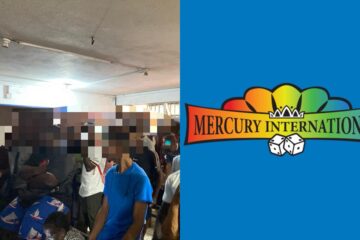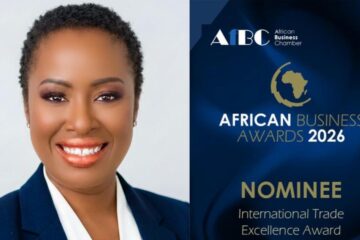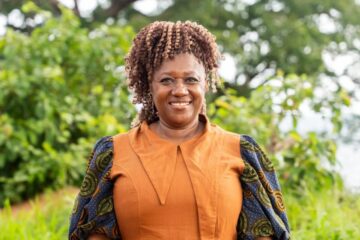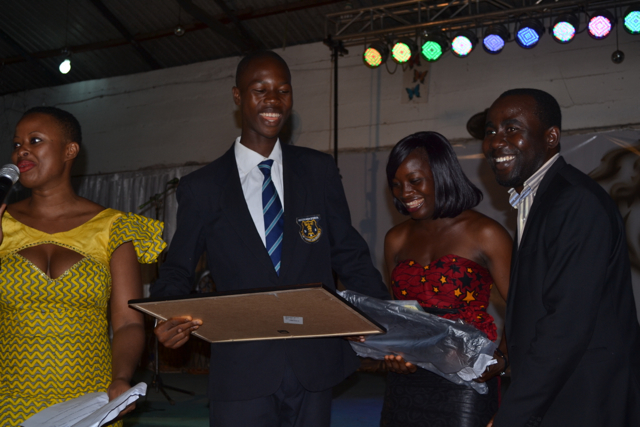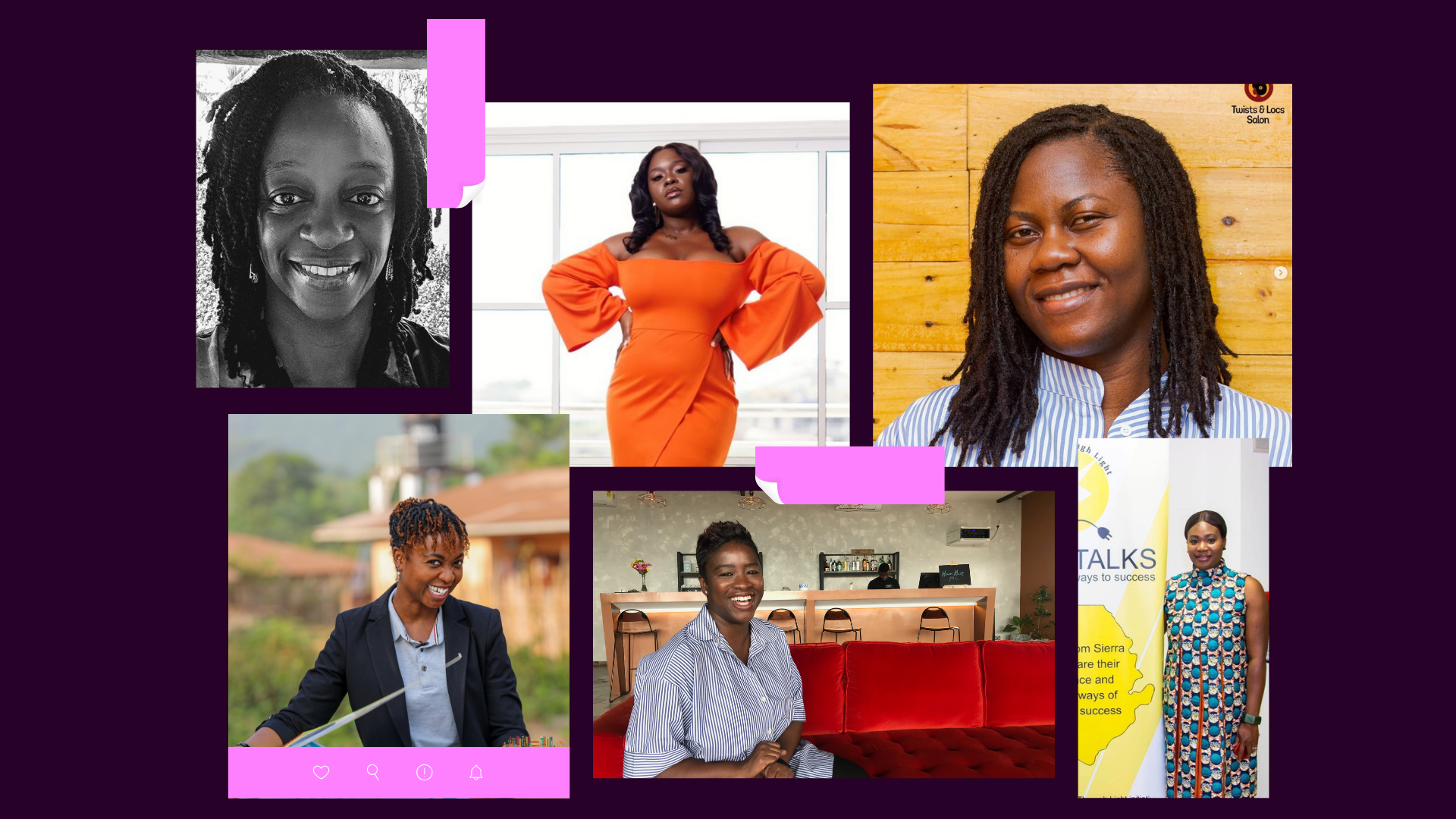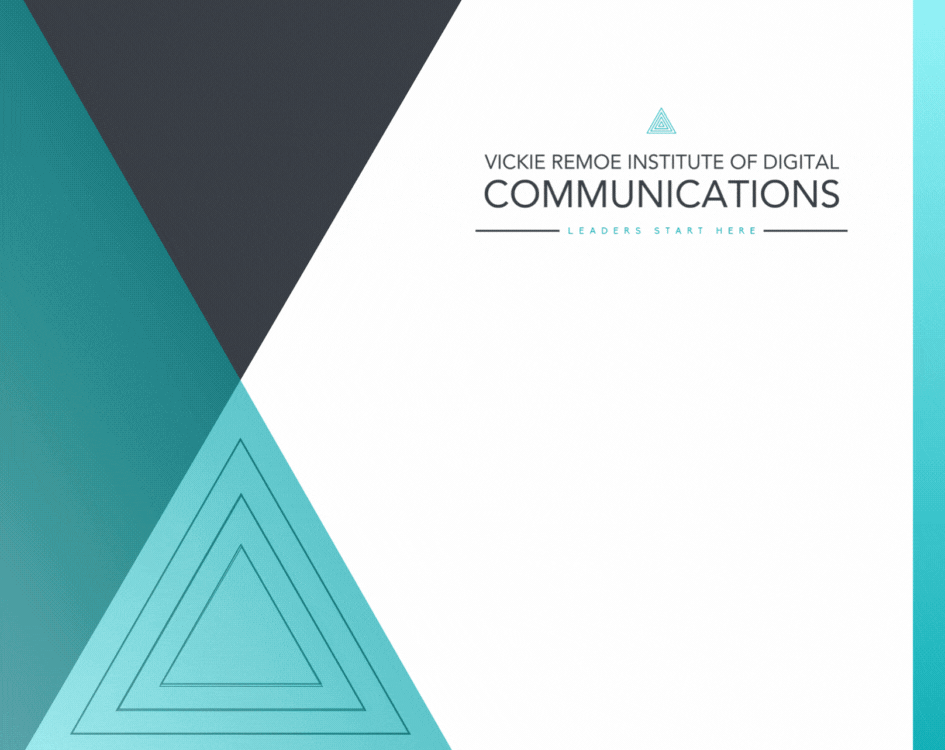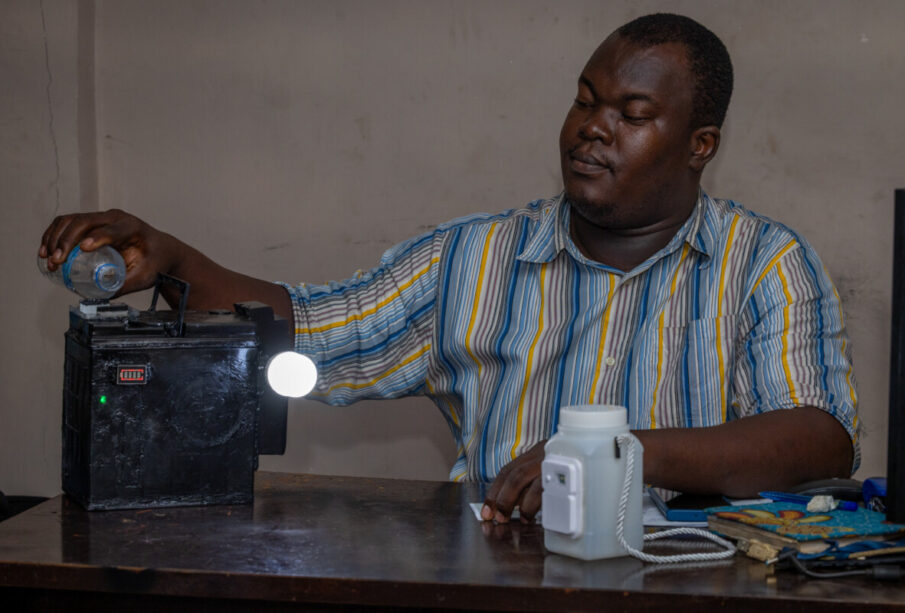
Sierra Leonean innovator Oswald Abioseh Dundas, 34, beat out thirty other startups to become the West African Startup World Cup Semi-Finalist. The founder of Oswald Tech Company Ltd., won for his groundbreaking innovation, light powered by salt water. Next up, Oswald will head to California to compete for a chance to win a $1 million dollar investment at the Startup World Cup Grand Finale on October 17, 2025 in San Francisco.
Introducing Water Light Technology
Earlier this month, the Ministry of Communication Technology and Innovation, in collaboration with the FeliCity Project, hosted the first-ever Startup World Cup Semi-Finals in Sierra Leone. The event brought together 30 promising startups—15 from Sierra Leone and 15 from across West Africa—all pitching their ideas to international investors managing more than $10 billion in assets.
Dundas stood out. Not just because of his technology, but because of the story behind it. The judges saw more than a product—they saw purpose, drive, and vision.
The innovation that secured his victory is water light technology, a sustainable energy solution capable of generating electricity using seawater—or simply a mix of salt and water.
“Water light technology was developed in 2018, the technology aims to bridge the electricity gap in areas where access to power remains limited or unreliable providing 600 hours of free light.”
That’s how he earned his spot as the West African Finalist heading to Silicon Valley for the grand finale.
“Because of the huge impact of our solution, we have the confidence that it is viable. It tackles a problem that affects our daily lives,” Dundas said.
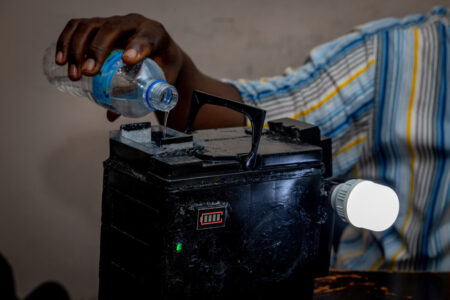
Water light Technology
Oswald Flying the Green, White, and Blue
As he prepares to take the global stage in Silicon Valley, Oswald emphasizes that his mission goes beyond winning a prize—he’s carrying the pride of an entire nation.
“Representing Sierra Leone is a huge task, as this will be the first time. So I’m not only going for funding or investors. I’m going with the green, white, and blue flag,” he said.
This is the first time Sierra Leone will be represented at the global finals of the Startup World Cup.
Oswald knows that if he succeeds, the ripple effect could be massive—boosting investor interest in the country’s tech scene, inspiring young innovators, and putting Sierra Leone on the global innovation map.
He wants to win but it’s about more than that. It’s about redefining what’s possible for a young man from Freetown. Sierra Leone, often left out of global conversations about technology, has brilliant minds with world-changing ideas.
In Sierra Leone, the energy landscape remains a pressing challenge. According to the International Trade Administration, approximately 80 percent of the country’s energy needs are met through biomass fuel like firewood, making it the dominant source of energy. The country relies heavily on imported petroleum products, which account for another 13 percent of national energy consumption, primarily used for power generation.
Despite efforts to expand access, only 27.5 percent of the population—and a staggering 4.9 percent in rural areas—had access to electricity as of 2021. The entire power sector is still relatively small, offering less than 150 megawatts (MW) of capacity to serve more than 270,000 customers. And while electricity costs are heavily subsidized, the national grid is unstable, unreliable, and far from meeting domestic demand.
For Oswald, the mission to solve Sierra Leone’s electricity crisis is deeply personal. He recalls a heartbreaking night when his son fell seriously ill. There was no power, and the absence of light not only heightened the difficulty of tending to his child but also worsened the situation. That moment left a mark on him.
“Because of that unfortunate incident I faced, I told myself no parent should have to go through this,” he says.
It became the turning point that pushed him to focus his innovation on sustainable and accessible lighting solutions for all Sierra Leoneans.
A Family’s Legacy of Impact
Interestingly, innovation runs in the family. His grandfather, Alphus Dundas, was also a trailblazing inventor. Back in 1985, long before green energy became a global concern, he developed the first eco-friendly charcoal stove in Sierra Leone, famously known as the Alphus Stove.
It was designed to minimize smoke and conserve fuel, helping communities cook safely and efficiently. Oswald often credits his grandfather’s legacy as a source of inspiration for his own pursuit of impact-driven innovation.
Oswald’s journey into innovation began in 2012 when he watched the science fiction movie Pacific Rim. For many, it was just an action-packed spectacle. For Oswald, it was life-changing.
“The time I dived into innovation was after watching Pacific Rim. That very night, I started collecting scraps. Three years later, I built the first robot in Sierra Leone, which I named ‘Dot. Nasa,’” he said.
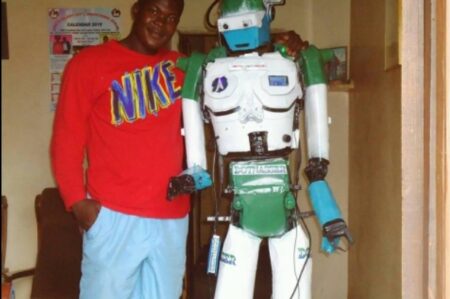
The first robot in Sierra Leone built by Dundas
His story isn’t one born out of privilege or access. Raised in a society where innovation is rarely encouraged and often underfunded, he had little more than imagination and determination. But that was enough.
That moment sparked a passion that led to the founding of Oswald Tech Company Ltd., where he and his team have continued to develop practical technologies aimed at addressing real-world challenges.
Oswald doesn’t invent for the sake of invention. Every project he takes on is deeply rooted in solving everyday problems faced by people in his community. His innovations include Polish, Solar Glasses, and Solar Books, all aimed at improving lives in underserved communities.
And as Oswald prepares to board that flight to Silicon Valley, there’s one thing he knows for sure: this is just the beginning.
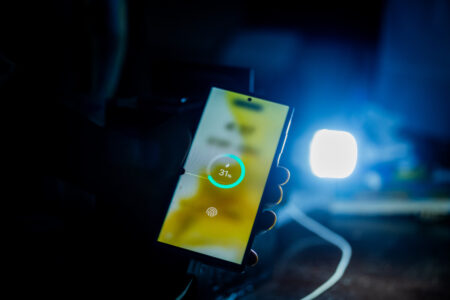
A phone charging with water light technology
About the Startup World Cup
The Startup World Cup (SWC) is a global platform that connects startups, venture capitalists, and technology leaders through a series of regional competitions.
Finalists from each region compete at the Grand Finale event in San Francisco for the chance to win a US$1 million investment prize and gain exposure to the world’s top investors and mentors.
Watch Oswald Abioseh Dundas’s Story here: https://youtu.be/ccRmrzDLUTo

